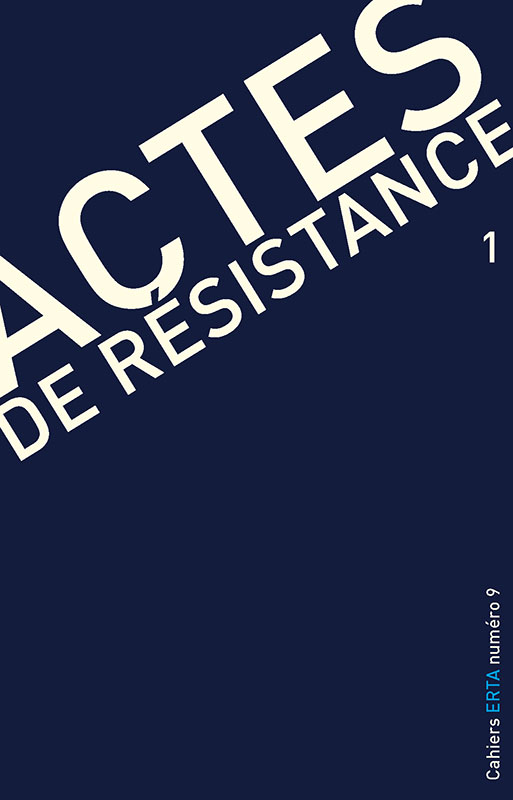La trace de la machette : une lecture de la transmission et de la transgression culturelle dans Histoire d’Awu de Justine Mintsa
Mots-clés :
machete, knife, culture, transmission, transgressionRésumé
The Trace of a Machete: Reading cultural transmission and transgression in Justine Mintsa’s Histoire d’Awu Obame Afane was six years old when his paternal grandmother gives him the machete with which she had once used to cut his umbilical cord. She had said that she used it because he showed his head first to the “Door of Life”, which, for her, was a sign that he would be an honorable man. She gave it to him during the week that he was circumcised, and asked him to watch over the wellbeing of the descendants. Based on the meaning that his grandmother gave to the machete, Obame Afane strove to honor her memory by being accountable and generous. But after his retirement, his world fell apart for lack of pension. This change led him to question the meaning of the machete. I analyze the controversial meaning of the machete in Obame Afane’s hands based on a comparative approach to phenomenology between Georges Poulet, Gilles Deleuze and Jacques Derrida.
Téléchargements
Références
Bwalwel J.‐P., « Autorité et gérontocratie dans l’option clanique négroafricaine », [dans :] Revue africaine des sciences de la mission, 1997, no 6.
Deleuze G., Différence et répétition, Paris, PUF, 1968.
Derrida J., L’écriture et la différence, Paris, Seuil, 1967. Minko Mvé B., Gabon entre tradition et post‐colonialité : dynamique des structures d’accueil Fang, Paris, L’Harmattan, 2003.
Mintsa J., Histoire d’Awu, Paris, Gallimard, 2000.
Poulet G., La conscience critique, Paris, José Corti, 1986.

 Revues scientifiques académiques
Revues scientifiques académiques





